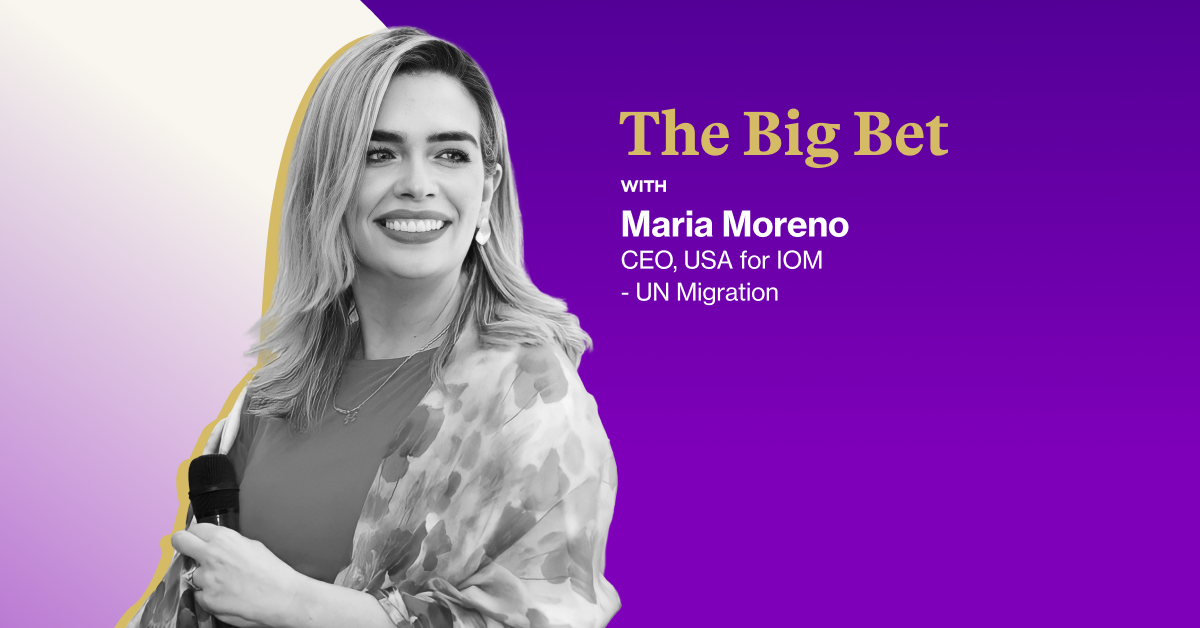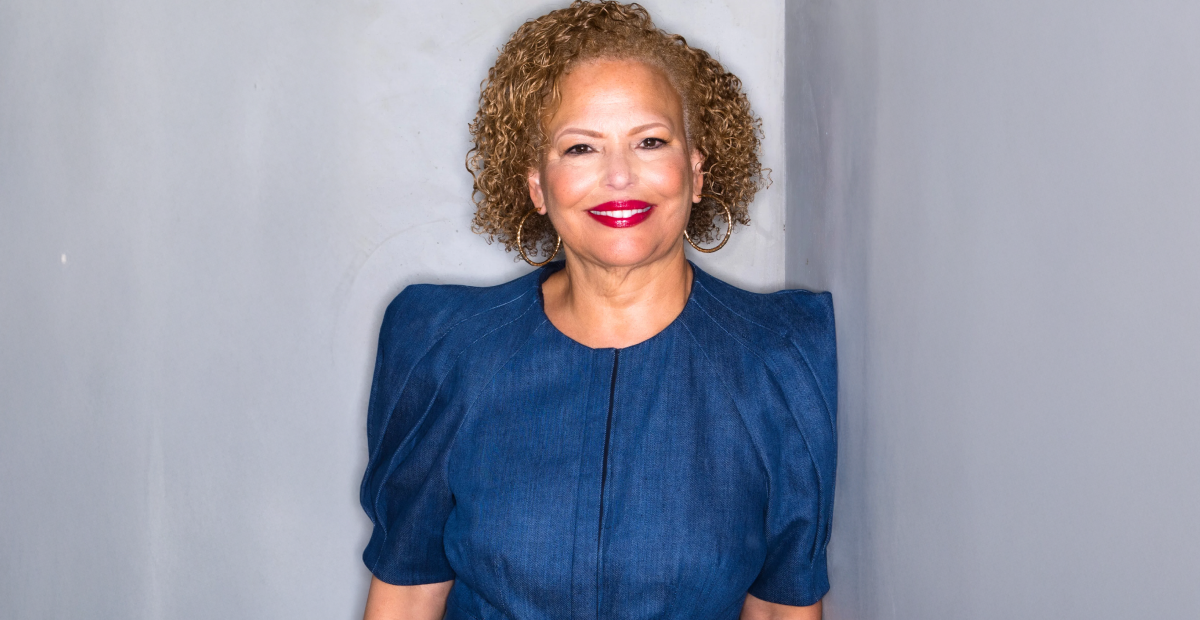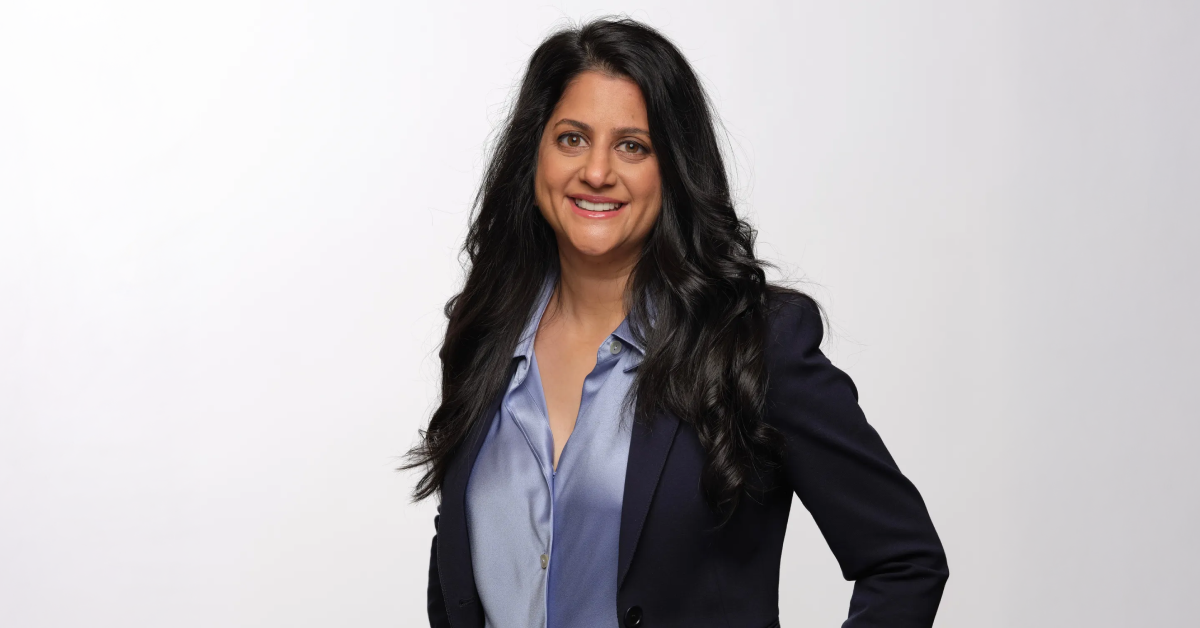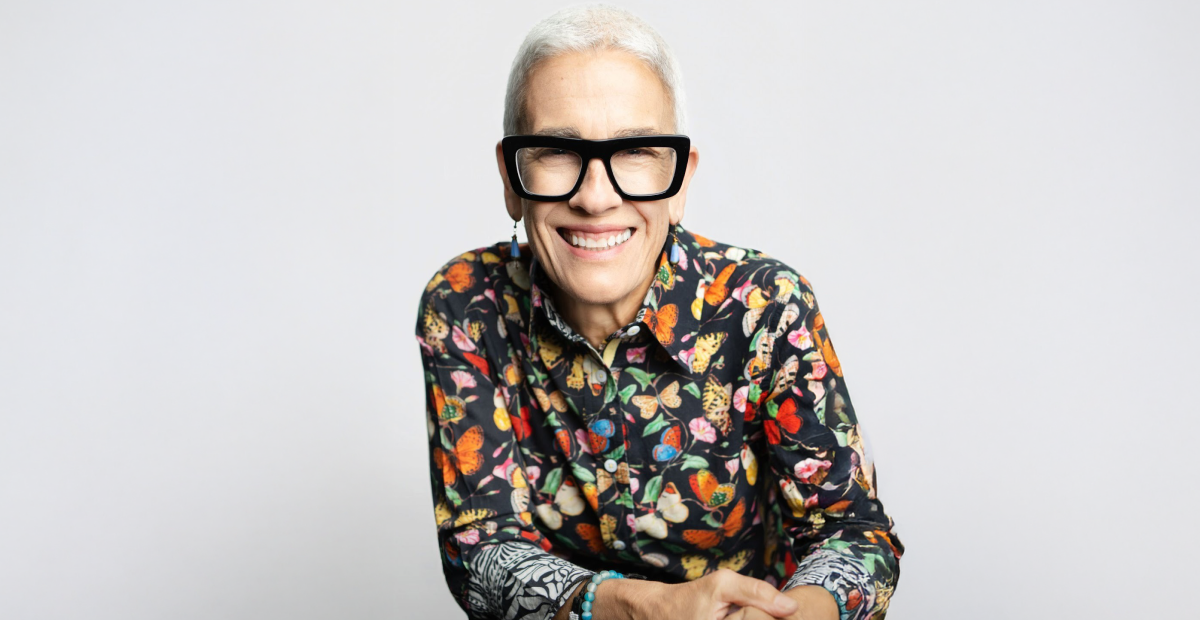The biggest career wins often come with risk. On our series, The Big Bet, Chief speaks with some of the most powerful members in our network about that single moment when they bet on themselves — and won.
Early childhood experiences largely inform who we become and what we do. And for Chief Member Maria Moreno, this has never been more true as she credits much of her success to her upbringing.
“Throughout my childhood and adolescent years, I lived in a variety of communities including small villages, towns, and major cities in more than five countries due to my parents' military and diplomatic careers,” says Moreno. “I learned different traditions, food, and culture. I was raised in multicultural environments, learned from people of diverse backgrounds, and saw life through multiple lenses — from the guaranies in the southeast of Bolivia, to the Aymaras and Quechuas in the valleys and mountains of Bolivia.”
In honor of World Refugee Day and Immigrant Heritage Month, we spoke with Moreno on her advocacy work for migrants as the CEO of the USA branch of the International Organization for Migration (IOM), the United Nations nonprofit arm. She shares how her early experiences of migrating to different countries as a kid led her down a career path of wanting to advocate for the most vulnerable.
On Having a Calling
“I knew I was going to be a lawyer and advocate from an early age. I was always logical, argumentative, opinionated, and a fierce defender of justice. I was the kid who had an opinion on everything. My dad encouraged me to speak in defense of what I believe is right but always to look at an issue from multiple perspectives and empathize."
On Impacting Migration Trends in More Than 30 Countries
“My early career years were spent in search of my purpose in corporate law. Then, I shifted to international relations and international private and public law working with a team of experts at the Organization of American States and the Organization for Economic Cooperation and Development (OECD). This was the beginning of my career. There I helped produce the first of its kind report on migration trends in 34 countries across the Americas. I mapped and analyzed every single piece of migration legislation. I learned and compared law from Canada to Argentina. I reflected on the policies and administrative regulations that affect the integration, or lack thereof, of people on the move.
“While looking at the law I also looked at the reality of the people — especially the needs of hundreds of thousands of people fleeing poverty, conflict or climate disruptions [who were] seeking protection and socioeconomic integration in a place different from their birth or habitual residence. When I was able to see the human impact of the law for people on the move, something clicked internally that inspired me to pursue a career focused on improving conditions for migrants and refugees.”
On Pitching Her Way to the Top
“IOM offers opportunities for [career] growth and development and I am an example of someone who joined the organization [as a] junior. I met people in IOM who valued my background and who believed in me when I made a bet on the organization I lead today [USA for IOM]. Back then, USA for IOM was seen as a potential but never had anyone really taken the challenge to make a value proposition on its development. Through my pitch to IOM leadership, they gave me the opportunity to develop the organization and prove its value to mobilize the U.S. in support of programs that benefit migrants and displaced communities.”
On Her Big Bet
“I recently spoke to a group of 300 young entrepreneurs from around the world. They asked me how we know the path we are taking is the right one. The answer is we don’t. Our insecurities push us to make decisions based on guaranteed returns and with the least risk possible. But not only is that unrealistic, it holds us back from pursuing our biggest dreams. Progress requires striving for a brighter future.
“I started my migration journey very young, and I have moved home addresses more times than I can recall but my big bet was to migrate alone to the United States in search of a platform to pursue my ideals. I have experienced many challenges such as being in a foreign country alone and working more hours than there are in a day to prove myself. All of the trials were worth it if I can have the feeling I have today, [which is knowing] my accomplishments contribute to creating opportunities for migrants, refugees, and those in crisis.”
On Her Biggest Fears
“My professional fear is not working hard enough to reach all those I stand for. What keeps me awake are the multiple crises around the world that need urgent attention and action. I recognize that a rapid response may be putting bandages on bullet holes, but I also realize that we can take comfort in the Talmudic proverb, ‘Whoever saves one life, saves the entire world.’”
On Not Being Held Back by Borders
“I am fueled by the opportunity to gather resources to reach beyond borders to those in crisis situations: providing shelter for displaced families and economic opportunities for women in border communities, or facilitating the return of stranded migrants to their families.
“Sisyphus teaches us to never give into circumstantial disappointments or try to escape from failures, but to accept failures in the same way we accept our achievements. In order to break free from the Sisyphus complex, we must be proactive and use our platform and tools to engender a world that is not less prone to crises, but one with the social and economic fortitude to be more resilient to them."
Advice to Her Younger Self
“When I was younger, I spent a lot of my time thinking about the future. I worried too much about what was next and failed to appreciate the now. Today, I focus on the mantra of, Whatever the present moment contains, accept it as if we have chosen it. While planning long-term solutions and sustainability in our response is an ongoing part of my work, conflicts, wars, and disasters have immediate needs. This is where my now is. How do we collectively address the world’s greatest needs today?”
On Where She Hopes Women’s Leadership Will Be in 10 Years
“The UN points out that the promise of a world in which every woman and girl enjoys full gender equality, free from legal, social, and economic barriers to their empowerment, remains unfulfilled. In fact, this sustainable development goal is probably even more distant than before since women and girls were hit hardest by the COVID-19 pandemic. It is more important than ever for women who hold leadership positions to make the case to work towards reducing the various forms of gender inequality.
“Women helping women has to be more than something nice to say or post. It has to be real support through action, removing biases, finding out what women want, giving women a voice at the table, providing equal compensation and work flexibility, and measuring our actions with clear indicators of success.”
On Her Leadership Journey as a Woman of Color
“Latinas are largely underrepresented in positions of leadership. I am glad that in my younger years I was naïve to this fact, keeping me fierce and focused on my goals. My naiveness also helped to retain my authenticity. I've used my background to my advantage to empathize with the different realities of migrants and policy leaders."
*Note: This interview was conducted via email and has been edited and condensed for clarity.



